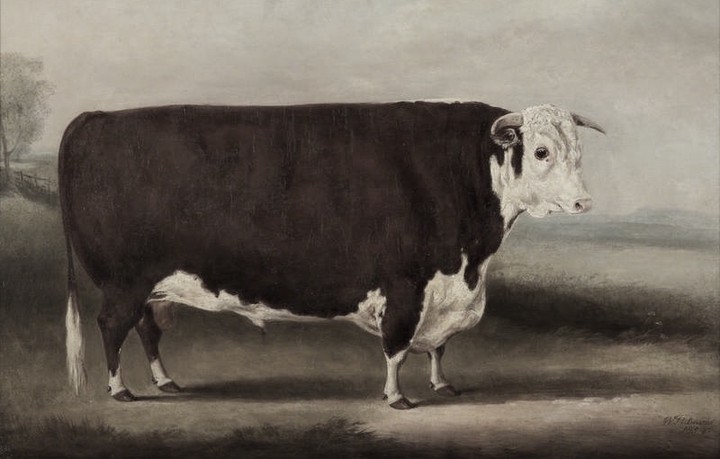
To say that human relationships with (non-human) animals are complex would be somewhat of an understatement. We treasure some animals as pets, showering them with our love and devotion and providing them with a diet and quality of health care better even than some humans in the developing world. All this, of course, while other animals are factory farmed and slaughtered so that their bodies can provide the meat we share with our pets, and yet others regarded as experimental subjects, sources of entertainment, or industrial equipment.
Philosophers have described our relationships with animals as “speciesist “, which refers to the assignment of different inherent moral status based solely on an individual’s species membership. Descriptively, speciesism is a concept that explains how people behave; namely that they do, as a matter of fact, assign moral worth to individuals on the basis of species membership, such that people can therefore be accurately described as having speciesist attitudes. Normatively, much work on speciesism is rooted in the claim that people should not assign different moral values to individuals based solely on their species membership, with analogies made with treating people different solely based upon their race (racism) or gender (sexism).
As a moral psychologist, I have become increasingly interested in speciesism. How can our understanding of human intergroup processes and moral judgments help us understand our paradoxical treatment of animals?